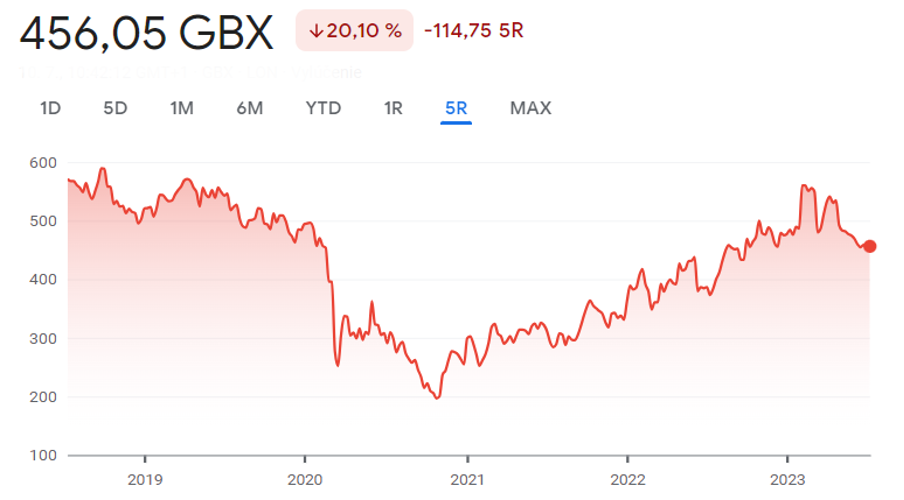British Petrol increases production of fuel from municipal waste
British Petrol, one of the world's leading pioneers in the petroleum industry, has committed to invest in WasteFuel, a California company building a vision to convert municipal and agricultural waste into biomethanol to power vehicles. The investment will exceed the $10 million mark and joins shipping giants such as Møller-Mærsk and CMA CGM.
Why biomethanol?
Methanol is currently perceived as the best alternative to oil, which is the main fuel used for shipping, thanks to its ability to reduce overall carbon dioxide emissions. This mean of transportation is an important element of world trade as more than 80% of all goods are shipped, and thus shipping is responsible for 3% of man-made carbon dioxide emissions. Methanol is more energy intensive than oil, so ships would have to increase their fuel capacity to carry more methanol on board.
Testing in Dubai
Dubai will be the first port where WasteFuel will be tested. BP company will collaborate with WasteFuel in order to increase the amount of biomethanol gained from waste. WasteFuel CEO Trevor Neilson said the world's waste is a huge resource - a modern green version of what Jean Paul Getty discovered in Saudi Arabia. British Petrol aims to supply around 100,000 barrels of biofuel a day till 2030 to help decarbonize transport. [1]

British Petrol's share performance over the past five years. (Resource: Google)*
Lamborghini shifts to hybrid power
The Italian manufacturer of tractors, cars and engines for racing boats, which is part of the Volkswagen group, has announced that models with internal combustion engines are sold out until the end of production as the company converts to hybrid power. Orders for Huracán and Urus models have reached their limit. Last July, the company announced a €1.8 billion investment in a range of hybrid-powered models expected to be launched by 2024. Further investment will go towards creating a fully electric model by the end of the decade.
Challenge for legendary models
Internal combustion engine models will be replaced by plug-in hybrids in 2024 and 2025, the most promising of which is the Revuelto. Major sports car companies such as Aston Martin, Ferrari and McLaren, together with Lamborghini, face the challenge of switching to electric power because it is not capable of offering the power and speed of an internal combustion engine.
Olivia Lacenova, chief analyst at Wonderinterest Trading Ltd.
[1] Forward-looking statements are based on assumptions and current expectations, which may be inaccurate, or on the current economic environment, which may change. Such statements are not guarantees of future performance. They involve risks and other uncertainties that are difficult to predict. Results may differ materially from those expressed or implied by any forward-looking statements.